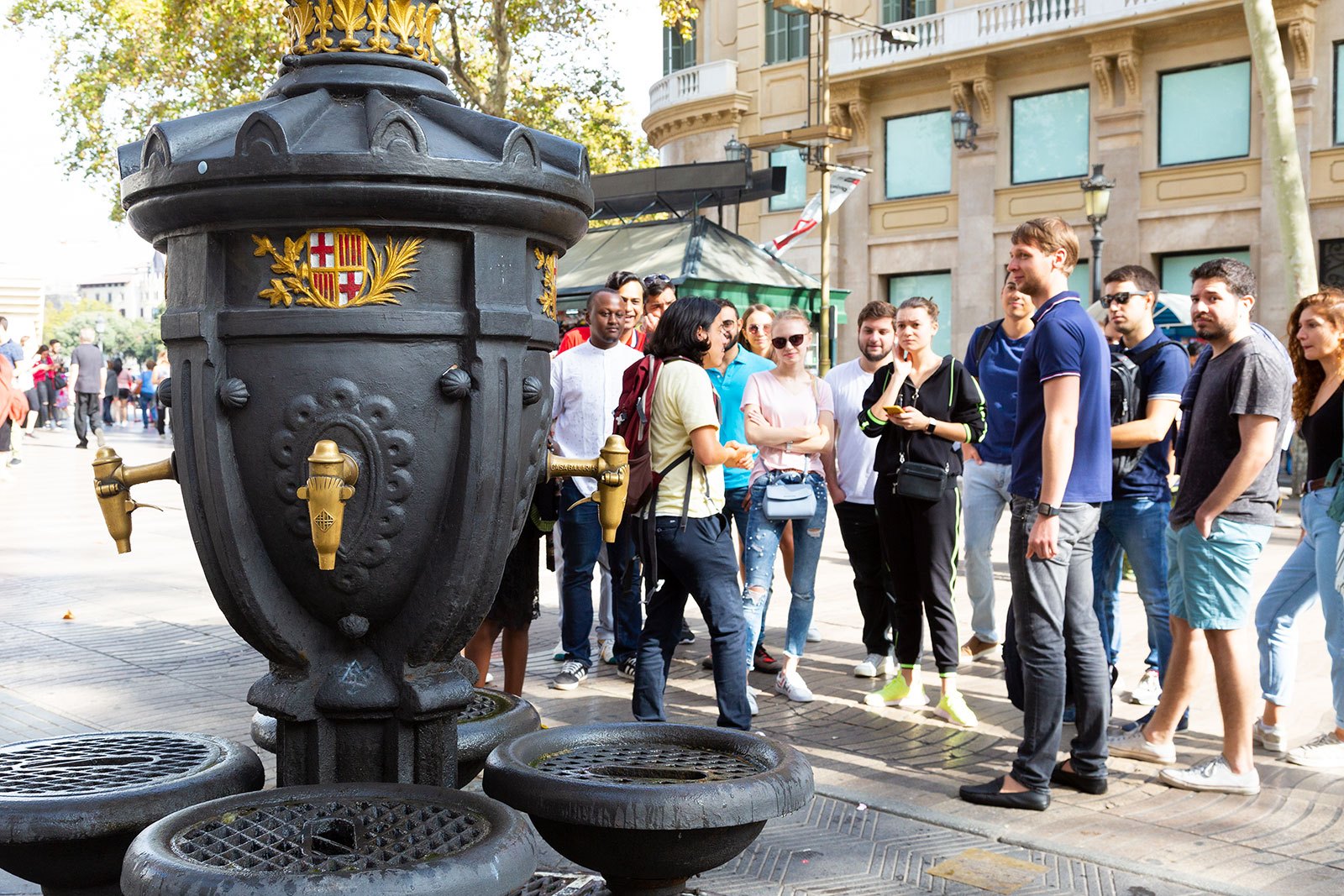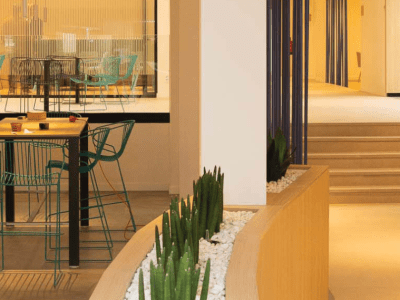Barcelona is one of the safest cities in the world. If you’re travelling to study, either to begin a full degree or as a one-year exchange student, you’re sure to have an exciting and rewarding experience. What’s more, you’ll have an array of support options available to you from your university.
In any city you live in, especially the metropolitan ones, there are some potential hazards that you can steer clear of with a little awareness and forward planning.
In this post, we’ll cover six key things to be aware of. But don’t worry too much; if something does go wrong, help is always close at hand.
1. Prepare Your Documents Well in Advance
Before you travel it’s important to make sure that you’ve taken care of all necessary documentation. While requirements may vary depending on your situation, you will likely need a student visa (if you’re not an EU resident), an up-to-date passport, proof of funds and a confirmation letter from your university. You will also need to register as a resident of Barcelona at the local town hall and apply for a residency card (tarjeta de residencia).
You should also spend some time purchasing adequate health insurance, especially if you’re moving to Spain from outside the EU. Familiarize yourself with the location of nearby hospitals and 24/7 emergency departments in case you need immediate care.
It is a good idea to make digital copies of your documents in case you need to access them when you dont have the papers to hand.
2. Make Sure You Know About Campus Services
If you find yourself in any trouble, your university will be able to support you. At EU Business School in Barcelona we offer a range of student services, including the following:
- Orientation days which provide practical information about settling in (including walking tours of the city).
- Accommodation options to help you find a student home that suits your needs.
- Discrete personal counselling for when students need to talk with a professional.
- Language courses for students that want to learn Spanish.
- An app with information about events, classes and important updates.
While every institution will be different, all universities in Barcelona prioritise student welfare. Familiarise yourself with the options available so that you can take full advantage of them.
3. Discover the City
Moving to a new city is equal parts exciting and scary. But getting acquainted with your new home needn’t be a daunting experience. Learning about key landmarks and facilities, such as public transportation, will help you feel at ease. Walking tours of the city are especially popular and a great way to get to know the main areas.

Barcelona has an excellent public transport system. And students benefit from discounts on trams, trains and busses. The TMB travel card (available to anybody aged under 25) allows for 90 days of unlimited travel around Barcelona for €105. To fully discover all of Barcelona’s charming sites and monuments throughout the academic year, it’s best to buy a new or used car and use public transport in conjunction.
The ISIC (International Student Identity Card) also provides an assortment of further discounts on attractions, restaurants, nightclubs and more.
4. Learn Some Spanish
While the majority of people in Barcelona speak good English, learning even a little Spanish (Catalan is spoken more widely outside of Barcelona) will help you to navigate the city easily. It will also ensure that you’re able to get help in the rare case that somebody doesn’t speak English.
Your university will likely offer introductory Spanish courses, so that’s something to consider. And simple, inexpensive apps like Babbel and DuoLingo are great for familiarizing yourself with common words and phrases. Because many university courses are offered entirely in English, it’s easy for students to overlook the local language. You could also decide to study Spanish in a language school.
Taking a little time out to learn the basics will help to bridge the cultural gap and ensure you can communicate with anyone you meet.
5. Prepare for Emergencies
Like all other European countries, Spain has a robust emergency services infrastructure. On average, it takes just five seconds for somebody to answer a 112 call (the European-wide emergency number).
Save the relevant numbers, which can be dialled free of charge from a Spanish phone number, on your mobile, so you have quick access to them should you need assistance. Emergency numbers for Spain are as follows:
- 112 – European general emergency number for police, fire and rescue, and ambulance. (112 can be phoned free of charge from any European phone number)
- 091 – Police
- 061 – Health emergencies
- 080 – Fire and rescue
- 092 – Local police
It’s a good idea to buy a sim card or register with a trans-European phone network before or immediately after you arrive.
6. Build a Support Network
It’s normal for students to worry about making new friends, especially when travelling to a foreign country and faced with the prospect of language barriers. Just remember that everybody else is in a similar boat.
When you arrive at your university in Barcelona, you will have ample time and opportunities for orientation, networking and attending organized events. You’ll have a solid network of friends to rely on before you know it.
Study at EU Business School’s Barcelona Campus
If you’re thinking about a career in business or as an entrepreneur, EU Business School can provide you with the skills and experience you need to thrive.
We have a bustling Barcelona campus and offer a wide range of Bachelor’s, Master’s, and MBA programs. And if you’re not ready to take the full plunge just yet, you can always try one of our one-year foundation courses.










